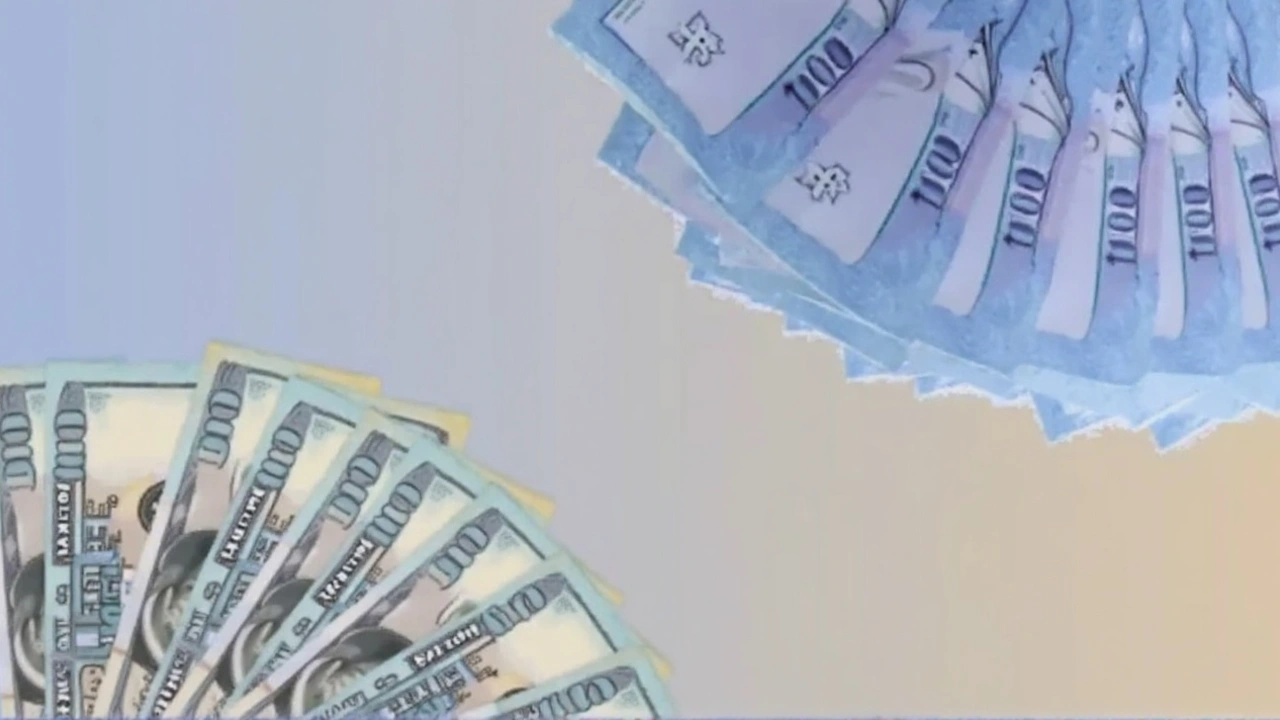Exchange Rates: What They Are and Why You Should Care
If you’ve ever bought something online from another country or planned a trip abroad, you know exchange rates show up everywhere. In simple terms, an exchange rate tells you how much one currency is worth compared to another. It’s like the price tag for money.
How Exchange Rates Are Set
Most of the time, rates are decided by supply and demand in the global forex market. When lots of people want a certain currency – say the US dollar – its value goes up against others. Central banks, like the South African Reserve Bank, can also step in with policies that push rates one way or another.
For everyday folks, the rate you see on your bank app or at a currency kiosk includes a small margin. That’s how they make money. The headline number you read in news headlines is usually the mid‑market rate – the pure market price without any markup.
Practical Tips to Get the Best Rate
1. Check multiple sources. Don’t rely on just one website or your bank’s homepage. Apps like XE, Oanda, and even Google give real‑time figures.
2. Watch the timing. Rates can swing a few cents in an hour. If you’re not rushed, set alerts for when the rate moves in your favor.
3. Avoid airport counters. They charge the highest fees. Instead, use local banks or reputable online services that let you lock in a rate ahead of time.
4. Consider currency cards. Pre‑paid travel cards often have lower conversion costs than credit cards, especially if they let you load money when rates are good.
Understanding exchange rates also helps with budgeting. If the rand weakens against the dollar, imported goods become pricier and your travel budget stretches less. Conversely, a strong rand can make foreign holidays cheaper.
Businesses watch these moves closely too. Exporters benefit when their home currency drops because overseas buyers get more for their money. Importers feel the pinch when it rises, as raw material costs climb.
For South Africans, the Reserve Bank releases a daily bulletin with official rates for major currencies. It’s worth bookmarking that page if you need accurate numbers for accounting or tax purposes.
Lastly, keep an eye on global events – elections, oil price changes, and trade deals can all shake up rates overnight. A quick news scan each morning gives you a heads‑up before you make any big purchase or transfer.
Exchange rates might seem like a distant financial concept, but they affect the cost of your coffee beans, the price of a new phone, and the money you bring home from a vacation. Knowing the basics and using these simple tips lets you stay in control rather than letting the market dictate your spending.
Naira Faces Fresh Pressure: Black Market Exchange Rates Surge Past ₦1,600 as Official Data Lags
On June 3, 2025, Nigeria's black market exchange rates soared, with $1 trading at ₦1,605. The Central Bank of Nigeria held back on publishing new official rates, making the gap between official and street rates more obvious than ever. Traders warn about relying solely on user-reported prices, given big swings and buyer-seller differences.
READ MORE
